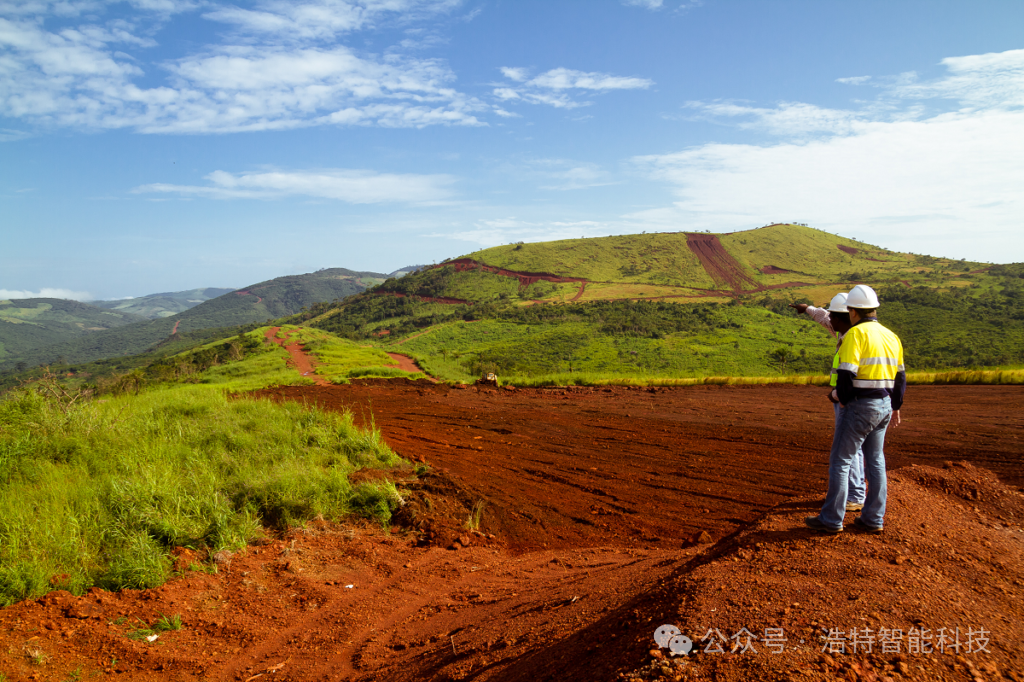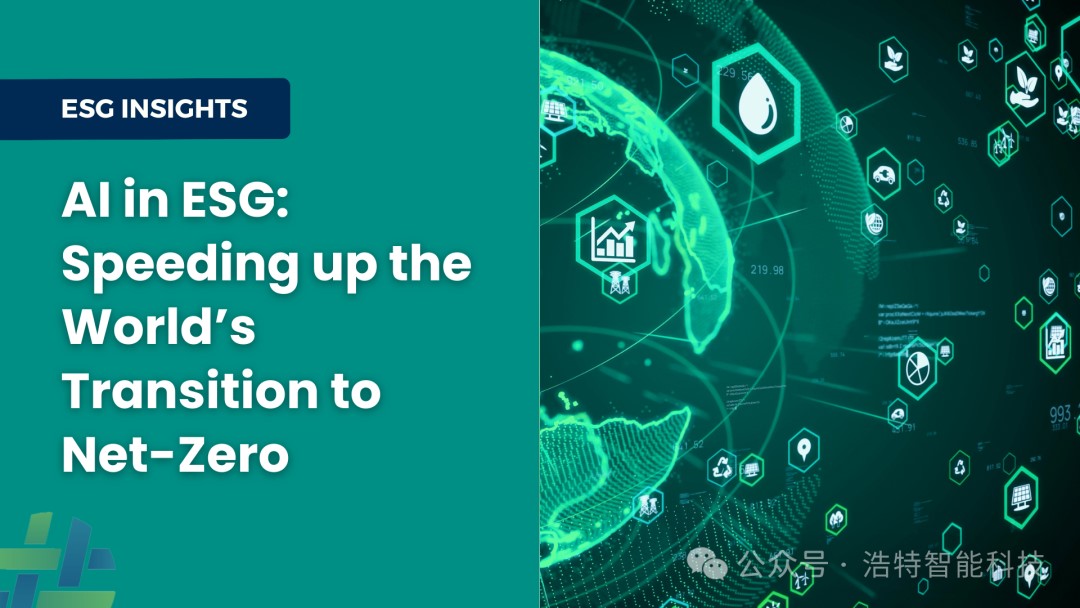
Cynthia Carroll's Impact on Safety at Anglo American:
Cynthia Carroll assumed the role of CEO at Anglo American amidst a challenging scenario, with nearly 200 worker fatalities in the preceding five years. Dismissing the fatalistic perspective held by some company veterans, Carroll delved into understanding the complexities during operational tours across diverse locations like Australia, Chile, Colombia, Venezuela, and South Africa. Despite the platinum business in South Africa showing a relatively better safety record, Carroll's discussions with local managers left her unsettled. Promptly responding to another fatality, she ordered the immediate shutdown of the world's largest platinum mine, a move that affected over 30,000 employees.

In a bid to revamp safety standards, Carroll implemented intensive retraining programs, impacting 3,000 leaders and 12,000 line managers, supervisors, and frontline workers since 2008. Additionally, she spearheaded the Tripartite Alliance, collaborating with the South African Department of Mineral Resources and the National Union of Mineworkers, resulting in a 62% reduction in fatalities and a 50% decrease in time lost due to injuries by 2011. Carroll's initiatives not only transformed Anglo American's safety performance but also set a benchmark for the entire mining industry.
01 Strategic Transformation at Joy Global
Joy Global's transition from a conventional product sales model to a comprehensive approach incorporating both products and services, known as "Smart Services," has been a strategic triumph. Offering advanced services like remote product monitoring and diagnosis, Joy Global shares risks and rewards with customers through performance-based service contracts. Their strategic choices, spanning product capabilities, the balance between embedded and cloud functionality, system openness, and technology development decisions, have positioned Smart Services as a pivotal competitive advantage.

02 How the mining industry addresses ESG challenges
Mining companies have proactively collaborated with unions and regulatory bodies to enhance safety standards, resulting in a notable reduction in accidents and an overall improvement in safety records within the industry. While strides have been made in addressing Environmental, Social, and Governance (ESG) challenges, there remains a need for continued progress in areas such as environmental responsibility, social accountability, and corporate Governance. The industry's response involves:
Embracing digitalization and innovation.
Incorporating technologies like the Internet of Things (IoT).
Big data analytics.
Virtual reality.

These advancements enhance production efficiency, reduce environmental impact, and foster sustainable development. Recognizing the global impact of climate change, mining companies are actively working on mitigating their carbon footprint, adopting cleaner energy sources, and aligning with international climate agreements. Additionally, a growing emphasis on social responsibility is evident, with mining companies engaging in community development, employee training, and providing social services to enhance their reputation and foster positive relationships with local communities.
03 How AI Helps the Mining Industry Embrace ESG?
 Environmental
Environmental
Intelligent Monitoring Systems: Monitoring systems utilizing AI can continuously track the environmental impact of mining activities in real time, including air quality, water quality, and soil conditions. This helps in early detection of potential environmental issues.
Resource Optimization: AI algorithms can assist in optimizing resource utilization, reducing energy consumption, and minimizing waste generation, thereby lowering the negative impact on the environment.
The article mentions reconsidering the utilization of tailings ponds by recycling metals from mining residues to reduce adverse environmental impacts.
Simultaneously, it advocates for implementing efficient waste management and tailings disposal plans to minimize the effect on land and water resources.
Social
Safety Monitoring: Using AI for safety monitoring can predict and prevent accidents, improve the overall safety of miners, and fulfill social responsibility.
Community Engagement: AI can analyze community feedback and needs, aiding mining companies in better collaboration with local communities to promote sustainable development.
Governance
Data Transparency: AI systems enhance data transparency and accuracy, contributing to the establishment of a more reliable and transparent governance structure.
Compliance Monitoring: AI can monitor the company's compliance, ensuring adherence to relevant regulations and standards.
Success for mining companies will be about adopting the latest applications and technologies and embedding digital and innovative thinking into the heart of their business strategy.
About Author:
Dia Lan -Intern Engineer, pursuing a Master's in Mining Engineering at CUMT
She has garnered recognition with a Bachelor's in Mineral Processing Engineering, including the Provincial Third Prize in the Challenge Cup Technology Works Competition. Internship experiences at Songhe Coal Preparation Plant and Wengfu Phosphate Ore Plant have enriched her expertise. Currently engaged in competitions such as the Energy Saving and Emission Reduction Competition and the Challenge Cup, Dia Lan remains committed to contributing to the advancement of the mining industry through continuous learning and application of emerging technologies.